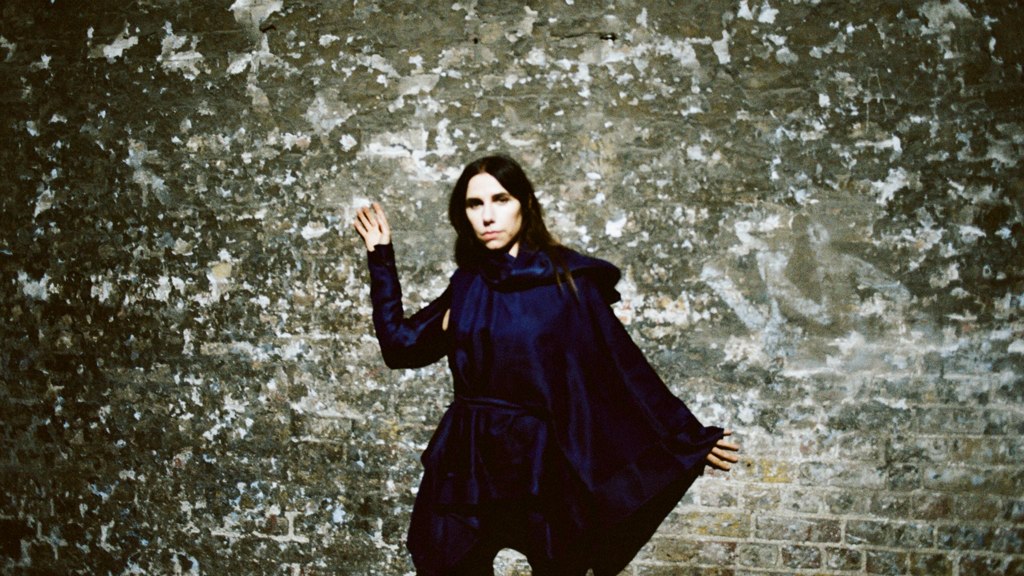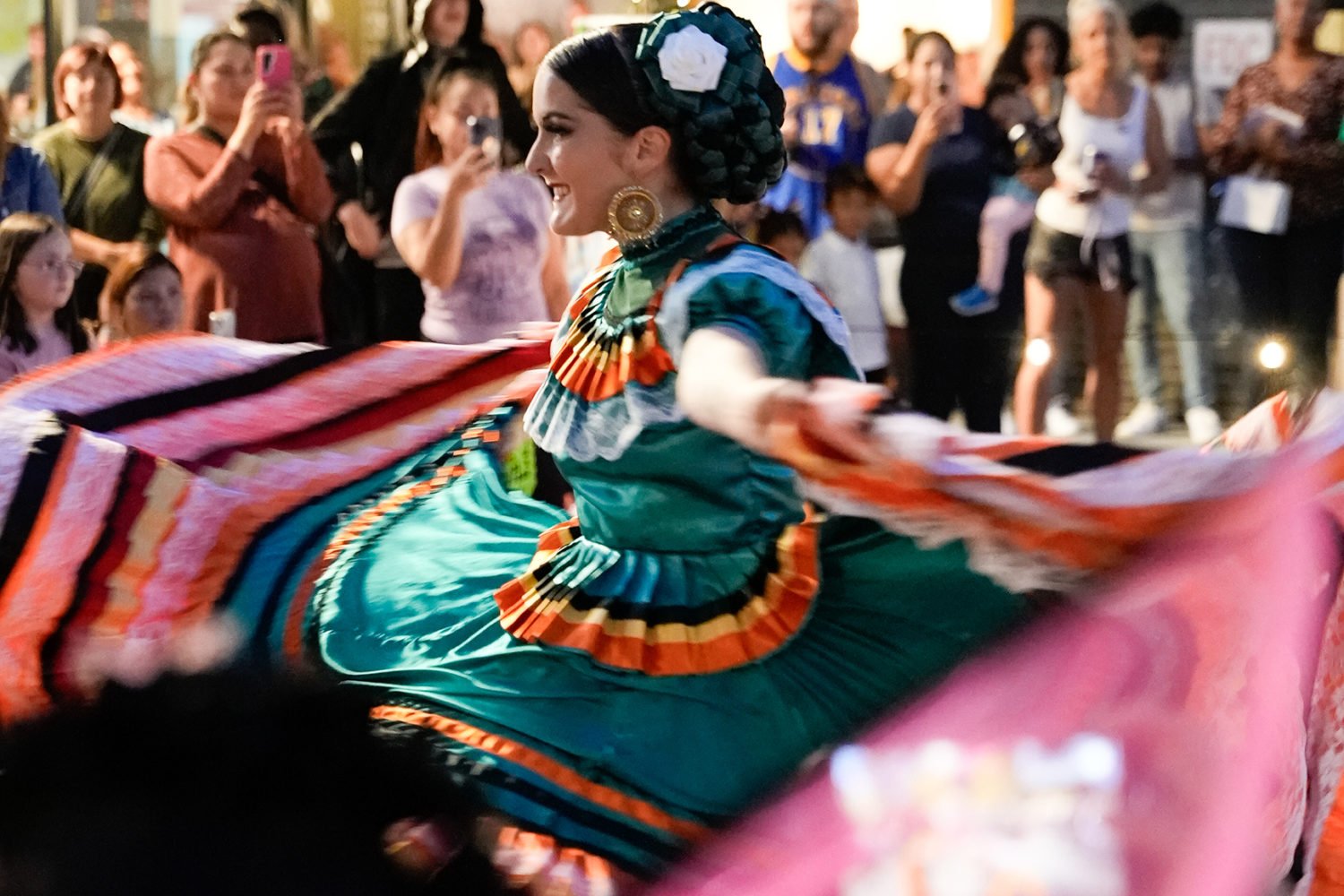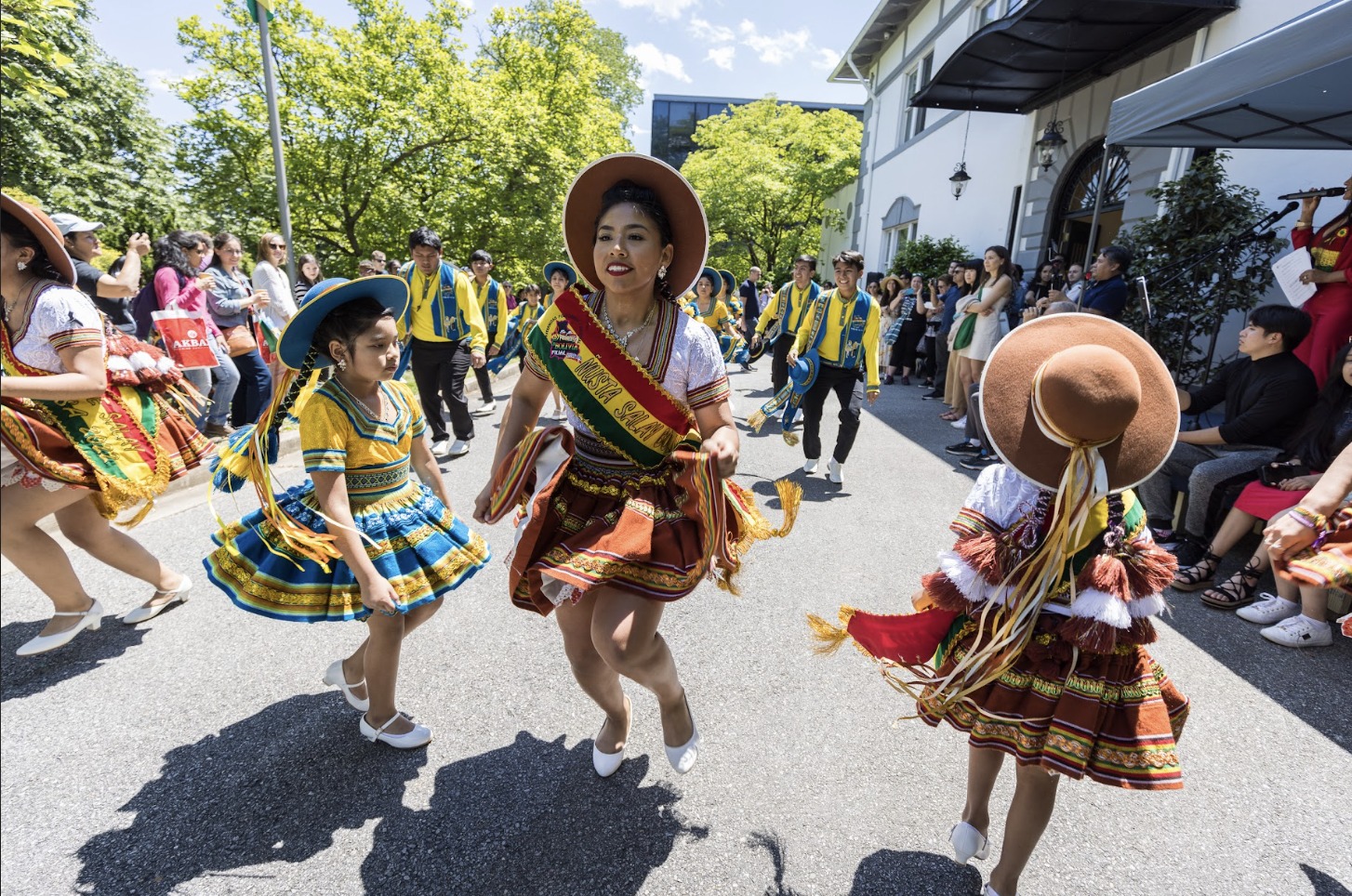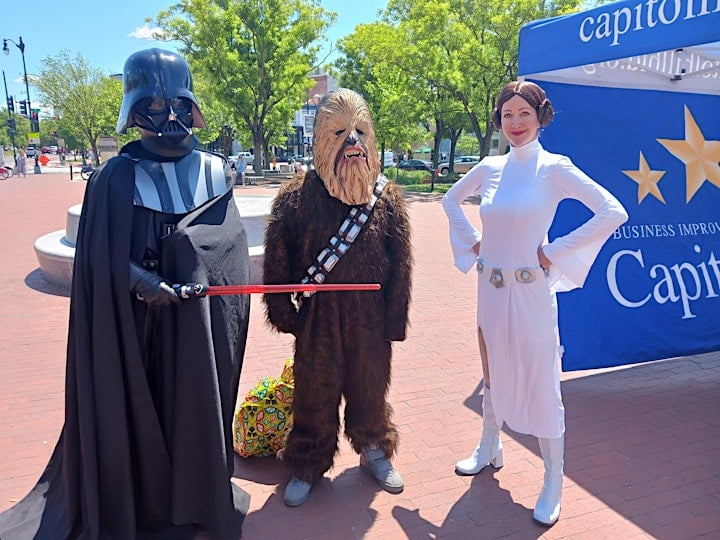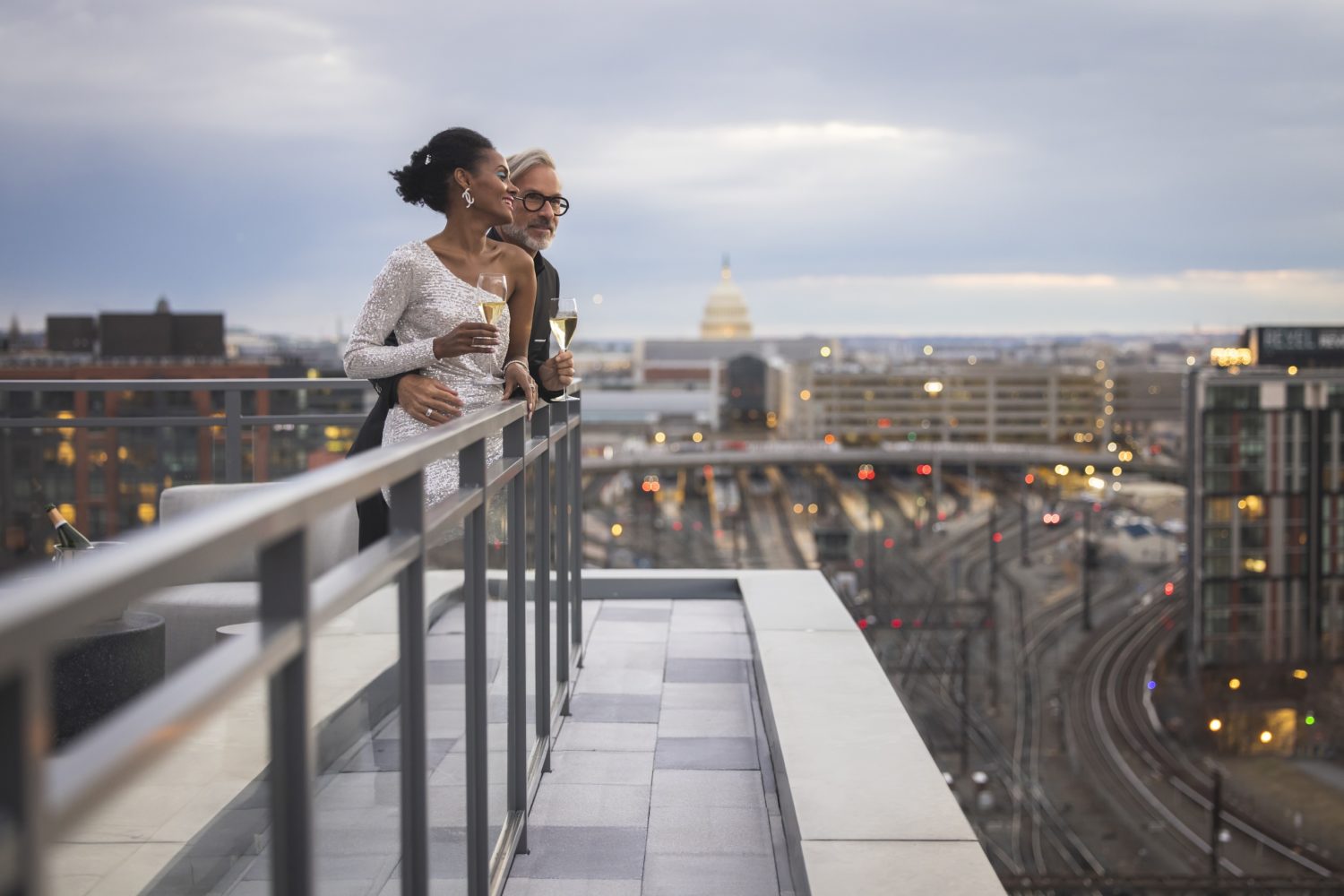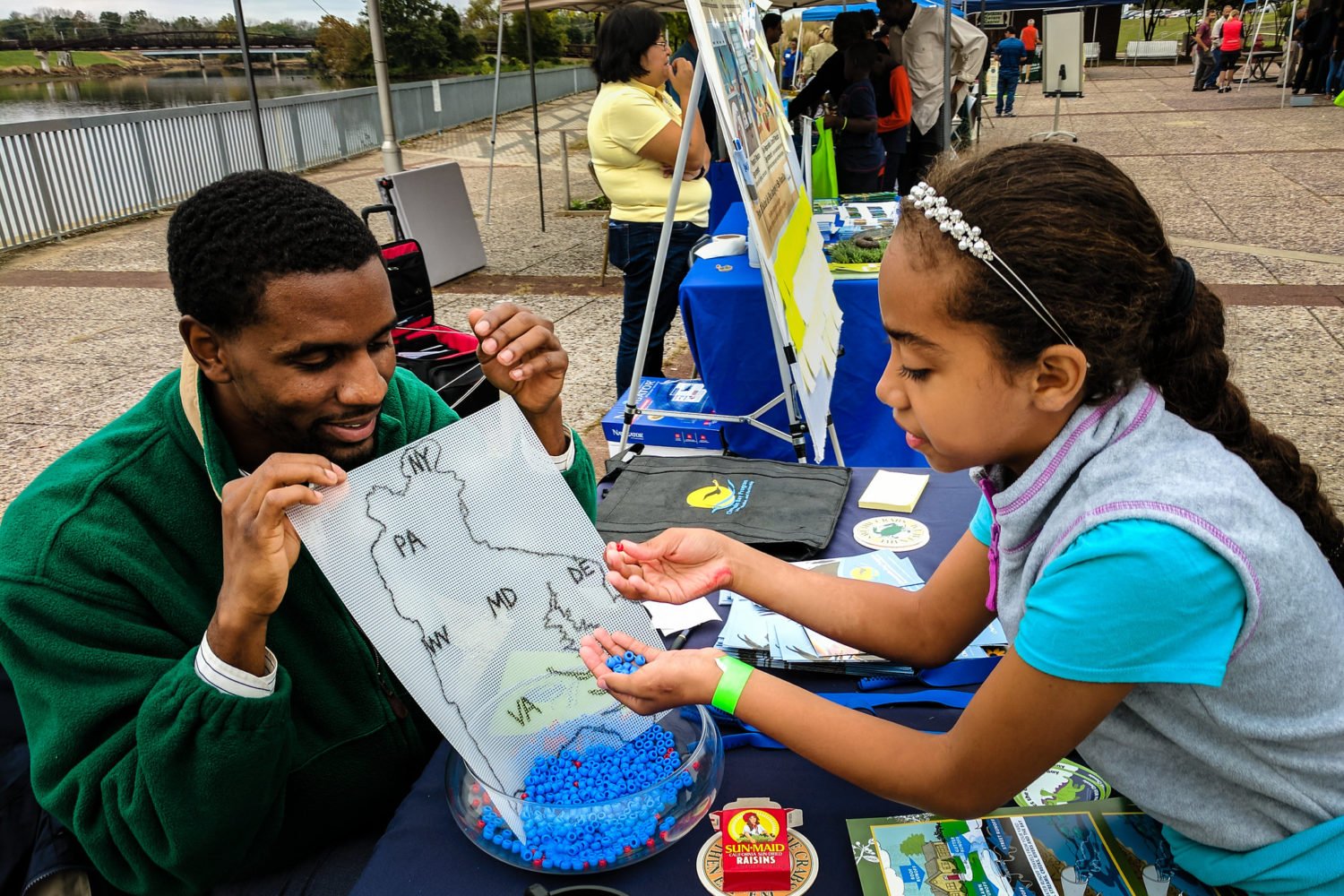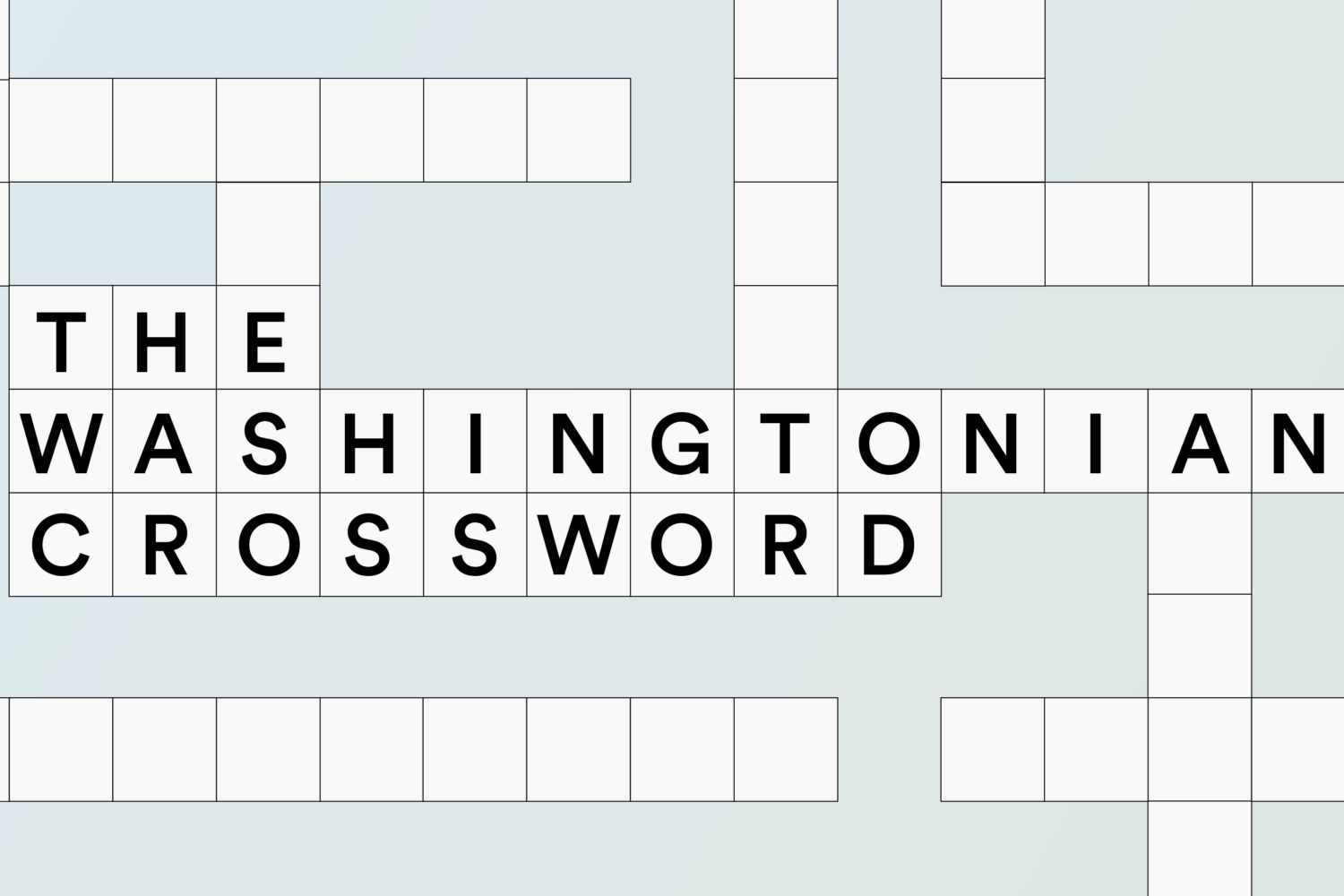PJ Harvey wrote a song about Washington, DC. It is called “The Community of Hope.” It is a good song, and Harvey is an excellent musician and songwriter. She’s responsible for some of the finest pop albums of the last 20 years, starting with 1992’s Dry and continuing, with similarly excellent results, to today.
How did Washington greet the news that one of the world’s best pop musicians wrote about it? Why, with absolute outrage, of course! How dare Harvey bring an outsider’s eye to Washington, and speak publicly about what she saw?
Leah Garrett of Community of Hope, a nonprofit that shares a name with the song title, told WAMU’s Ally Schweitzer that the song “presents an incomplete picture of the District’s poorest communities,” as Schweitzer put it. Community of Hope wrote a florid letter to Harvey complaining about the song:
By calling out this picture of poverty in terms of streets and buildings and not the humans who live here, have you not reduced their dignity? Have you not trashed the place that, for better or worse, is home to people who are working to make it better, who take pride in their accomplishments.
Former DC Mayor Vince Gray told DCist’s Rachel Kurzius he would not “dignify this inane composition with a response.” His campaign treasurer, a human being named Chuck Thies who’s usually not this wrong about cultural matters, said “PJ Harvey is to music what Piers Morgan is to cable news.” DC Councilmember Yvette Alexander tweeted “I respect all artist forms of expression, but this song does not reflect Ward 7!”
If I could enact one wish for the Washington area, it wouldn’t be for voting rights for DC, or for the Redskins to change their name, or for Politico to stop spelling its name in capital letters. You guys use your wishes for that. Give me the magic wand, and I’ll make this city stop acting like a bunch of hayseeds driven into blind rages by even the dimmest of spotlights.
You see this same impulse flare whenever the New York Times has the gall to write a travel story about Washington. Within minutes, local writers will begin tweeting what it got wrong, and media outlets, including this one, will publish stories mocking the words of the interlopers.
Stop. This is not how people in actual big cities behave. This, my fellow Washingtonians, is cowtown behavior. (Even worse, for journalism outfits: It’s entirely predictable!) There’s a grand and important tradition of outsiders remarking in print upon the places they’ve visited, from Alexis de Tocqueville to Bruce Chatwin to Elizabeth Gilbert. Pop music is not generally noted for its documentary acumen, but even in that field artists like Public Enemy, Neil Young, and Nina Simone have written beautiful and important critiques of places where they didn’t live.
The reason you don’t often hear New Yorkers or Parisians or Londoners flipping their wigs about finding themselves the subject of a correspondent’s report is because of a quality people here could use a bit more of–the deep self-confidence that comes with not giving a crap about what visitors think. Harvey’s song is about a city that doesn’t know how bad it can look to outsiders. Clearly, she got something right.

